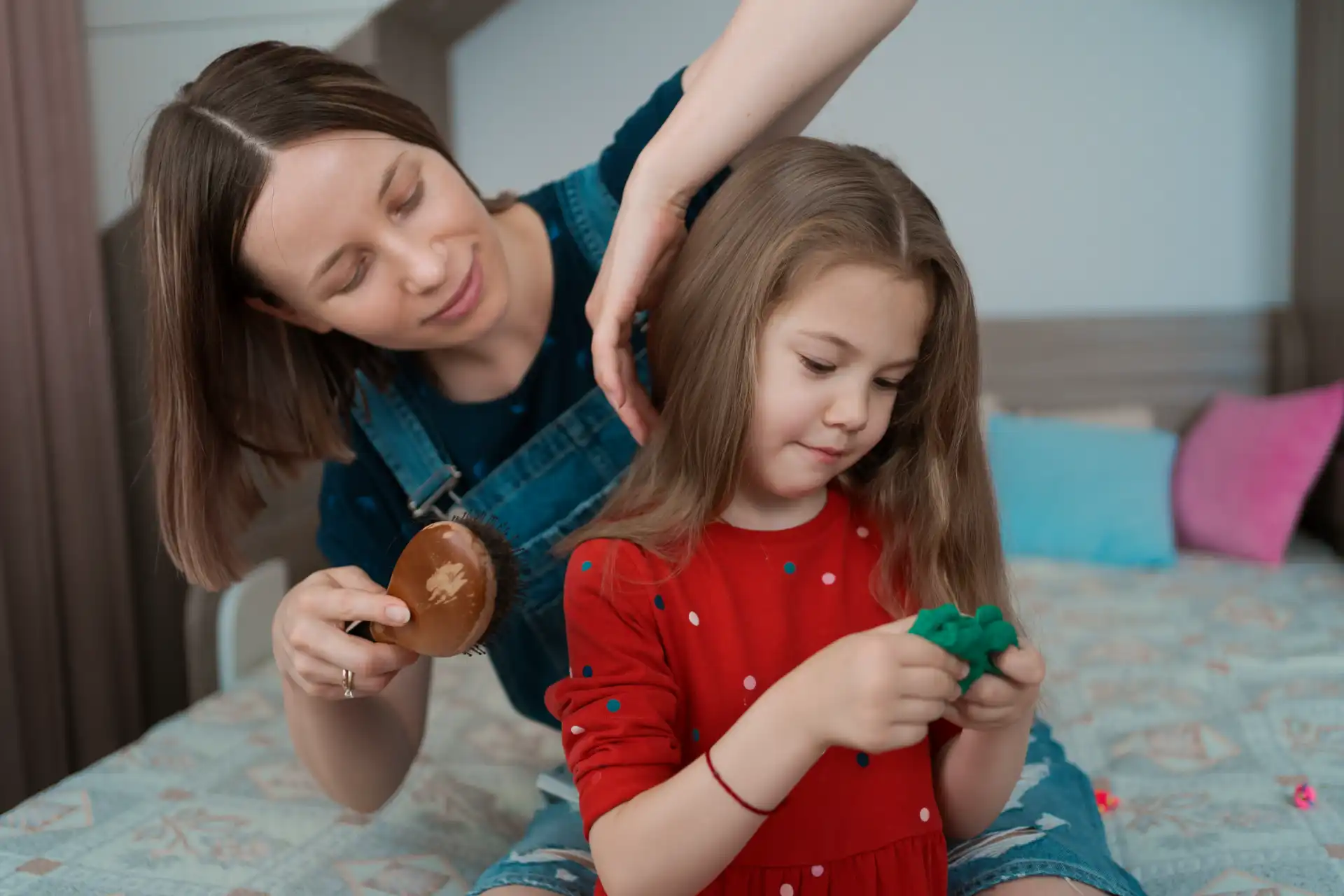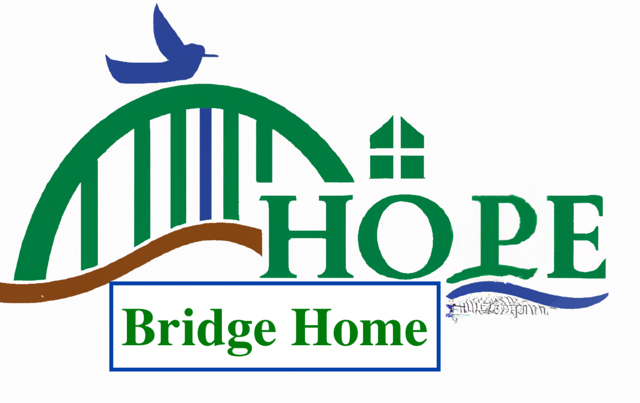Resources & FAQs
Resources for Families and Professionals
Helpful Information to Guide You
Parent Resources
Raising children who have experienced trauma requires specialized approaches, empathy, and consistent support. The resources below offer insight and strategies to help parents and guardians understand the unique needs of children in treatment and ways to effectively support them on their healing journey.

Understanding Childhood Trauma
What is Trauma?
Trauma can be defined as a deeply distressing experience that can overwhelm a child's ability to cope. Traumatic experiences, such as abuse, neglect, or witnessing violence, can have a lasting impact on a child’s emotional, psychological, and physical well-being.
Recognizing the Signs:
Understanding how trauma manifests in children is crucial. Look for signs such as withdrawal, aggression, difficulty concentrating, or sleep disturbances.
How to Support Your Child in Treatment
- Create a Safe Environment: Consistency, safety, and stability are key in helping your child feel secure as they work through their emotions and trauma.
- Communicate Openly: Encourage open dialogue, listen without judgment, and validate your child’s feelings. Let them know they are heard.
- Participate in Therapy: Join family sessions or therapeutic activities whenever possible to show your child that you are in this process together.
Practice Patience: Healing from trauma is a gradual process. Be patient with your child and yourself, and allow the treatment to take tim
Resources for Parents
- Book: The Body Keeps the Score by Dr. Bessel van der Kolk
- Article: Parenting Children Who Have Experienced Trauma
Support Groups: Connect with local or online parent support groups to share experiences and gather strength from others.
Professional Resources
At HBH, we are committed to advancing the field of child care and therapeutic treatment. Whether you are a professional in the field or interested in learning about best practices, the following resources provide valuable insights into the world of residential treatment and therapy for children.
Best Practices in Child Care and Residential Treatment
Trauma-Informed Care:
This approach prioritizes safety, healing, and empowerment for children who have experienced trauma. It emphasizes understanding the impact of trauma on behavior and providing compassionate, supportive care.
The Importance of Therapeutic Interventions:
From individual therapy to group therapy and psychoeducation, therapeutic interventions are the cornerstone of treatment in residential settings. These interventions help children process trauma, build coping mechanisms, and develop healthy social and emotional skills.
Research and Articles
White Paper:
Trauma-Informed Residential Care: Strategies for Success Explore the latest research on trauma-informed practices in residential settings and their proven success in helping children heal.
Article:
Effective Behavioral Interventions for Children with PTSD Understand how behavioral interventions like Cognitive Behavioral Therapy (CBT) can help children with PTSD manage symptoms and begin the path to recovery
Webinar:
- Innovative Approaches in Child and Adolescent Residential Treatment
Hear from leading experts in the field about the latest therapeutic innovations that are shaping residential care.
Frequently asked question
General Information
Our mission is to provide a safe, nurturing, and healing environment for children who have experienced trauma. Through compassionate care, evidence-based therapy, and structured daily routines, we help children rebuild trust, develop coping skills, and achieve emotional and behavioral stability.
We serve children ages 5–12 who have experienced trauma, emotional disturbances, or behavioral challenges. Our program is designed for children who need intensive, therapeutic intervention in a residential setting.
Programs and Treatment Philosophy
Trauma-informed care is a therapeutic approach that recognizes the impact of trauma on a child's behavior, emotions, and development. It emphasizes creating a supportive environment that fosters healing and recovery.
We offer a range of evidence-based therapies, including Cognitive Behavioral Therapy (CBT), Dialectical Behavior Therapy (DBT), play therapy, family therapy, group therapy, and other time-tested therapies. Each child receives a personalized treatment plan tailored to their unique needs.
The safety and well-being of the children we serve is our top priority. We maintain a highly trained staff, provide 24/7 supervision, and adhere to all state regulations and safety protocols.
Daily Life at HBH
A typical day includes structured activities such as school, therapy sessions, recreation, and meals. Children have time for individual and group therapy, as well as time to engage in leisure and creative activities.
Yes, family involvement is encouraged. We offer family therapy sessions and have designated visitation hours. We believe that strong family support plays a key role in a child's recovery.
A detailed list of personal items to bring will be provided upon admission, but generally, children should bring clothing, toiletries, and any personal items that provide comfort, such as books or a favorite toy.
Cost and Length of Stay
The length of stay varies depending on each child’s needs and progress. On average, children stay with us for 3 to 12 months, though this can vary based on their treatment plan.
We accept a range of funding sources, including state funding, insurance, and private pay. Our admissions team will work with each family to determine the best financial options for your child's treatment.
Admissions
Families interested in placing their child at HBH should contact our admissions office at (512) 808-8383 or admissions@HopeBridgeHome.org. The process includes completing an application, submitting relevant documentation, and undergoing an assessment to ensure the child’s needs align with our services.
Due to high demand, there may be a waiting list. Our admissions team will provide you with up-to-date information on availability and timelines.
For additional information or resources, please contact us at resources@HopeBridgeHome.org. We’re here to support you and your family every step of the way.
Our Blogs

Healing Through Play: The Role of Recreational Therapy
By Reina Acosta, LCCA Play is the language of childhood. It is through play that children explore the world around them,

Supporting Children Through Trauma-Informed Care
As an award-winning licensed professional counselor and treatment director with over 23 years of experience, I have seen firsthand the transformative

The Stages of Child Development: Understanding Growth and Resilience
Child development is a fascinating journey, unfolding through various stages that shape a child’s growth, resilience, and independence. Recognizing these stages

